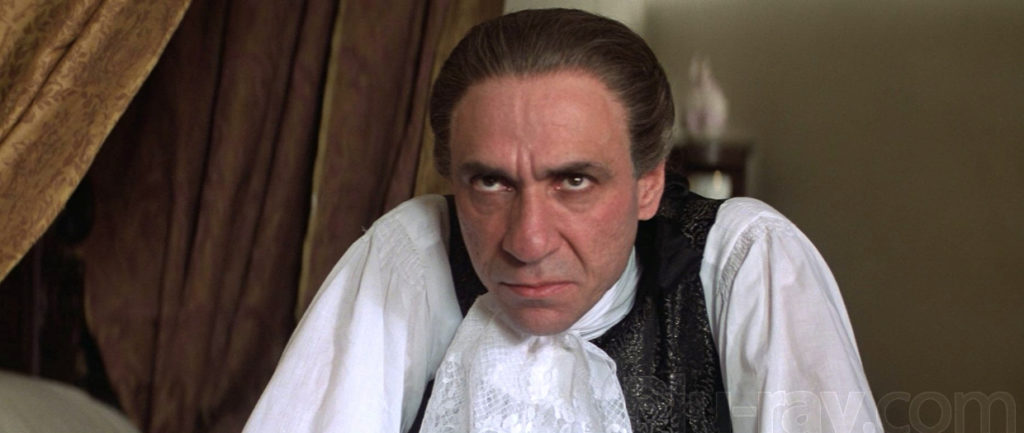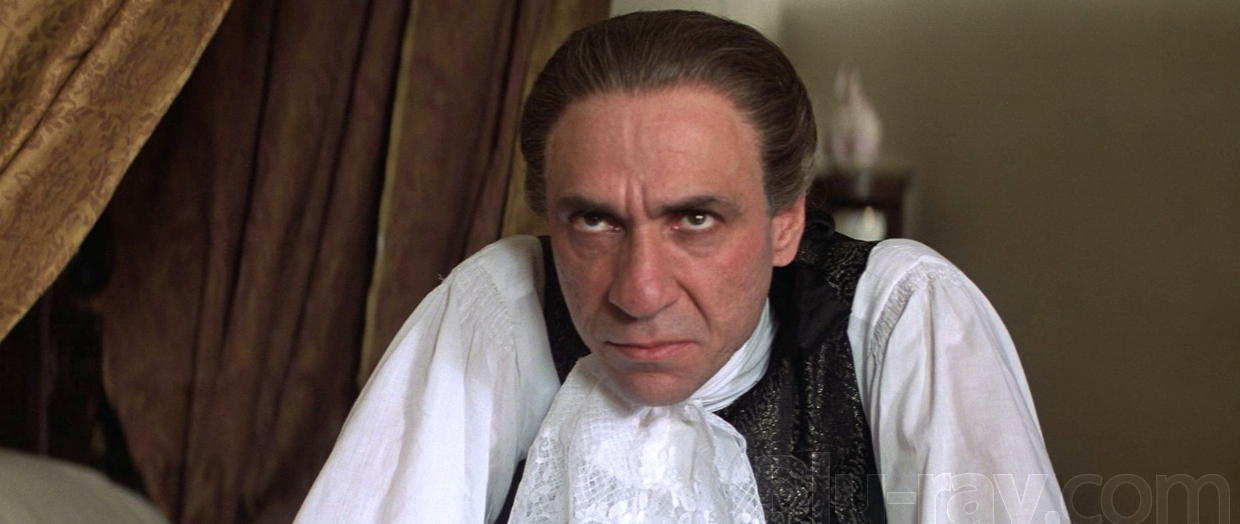Or will it?
If you know music theory, you’d probably disagree (and I’d still love to hear your 2 cents in the comments), but this post is for those of you who don’t know (or care about) theory.
If you don’t know theory, you’re probably in one of two camps:
– you have tried learning it but got bored to death or discouraged for life
or
– you have studiously avoided it armed with the axiom above.
Well, if you’re a songwriter or composer (!?) in the second camp, I’m here to bring you round to the good faith. And if you’re in the first camp, keep reading too. Who knows? Perhaps, by the end of this, you’d be inspired to give theory a second chance?
Guthrie Govan, among others, sees music as a language, and compares music theory to grammar.
Does grammar ruin your ability to speak a language?
It’s probably not the first thing you learn when you pick up a language as a baby. And it certainly can’t make you speak more naturally if you’re studying a foreign language later in life.
There is a point, however, beyond which grammar becomes essential for communicating effectively with others. And should you choose to make language your trade (like me), grammar even becomes indispensable.
Does that mean that you can’t speak or write correctly without grammar? Of course not, but if you’re doing it, you have probably internalized its rules to a point where you don’t have to think about them consciously.
Does that mean you can’t break grammatical rules? Of course not! It all depends on context and on your purpose and audience.
The same goes for music theory.
Can you play or write songs without it?
Of course you can!
Luciano Pavarotti couldn’t read sheet music.
Thom Yorke doesn’t have academic training (although, admittedly, he has Jonny Greenwood).
And Hans Zimmer reportedly chastised a co-worker for referring to the cartoon scale as the “lydian flat 7” scale.
Even when he refused to use the theoretical jargon for the tool though, Zimmer was using the tool!
That’s how I like to think about music theory – as a toolbox, a set of rules you are free to use AND abuse.
Knowing the rules frees you to break them at will. Not knowing the rules only keeps you behind bars of your own making.
Think about it for a second.
How cool would it be if you could master theory to a point where you can use it spontaneously without thinking about it? How versatile would you be if you could call on both inspiration AND perspiration? Art AND craft? The sublime AND the mundane? Metaphysics AND mechanics?
Can you single out the soul among the body parts? Can you distil the spirit from the bodily fluids? Can you separate breath from the lungs that carry it?
Yes, you can write songs without music theory.
But I believe you can write even more and better songs WITH theory! You don’t have to turn it on all the time – it’s all right to snooze it now and then – but it’s good to know it’s in the cupboard.
So, will music theory ruin your flow?
Possibly…
…until you upgrade the infrastructure to allow for the creative torrents it will bring!
Was Bach’s creativity and productivity diminished by his knowledge of theory? Was Mozart’s? Were John Coltrane’s explosive explorations stifled by his forays into theory or amplified by them? Can we deny the quantity and quality of their output?

Jacob Collier – a musical genius if there ever was one – talks about theory at length, when he is not busy grooving in odd meters, singing microtonal melodies or improvising 6-part piano harmonies.
For him, theoretical concepts are inseparable from the way they make him feel and give him access to a richer palette of sounds. “Sounds don’t mean anything until you decide to use them in emotional ways”, he says.
In his universe then, theory and practice are not necessarily at war, nor is Jacob’s flow harmed much.
So yeah, theory is not about shutting your inner prankster off. It’s about learning tricks to make your pranks even better!
It’s not about putting that inner spark out. It’s about being able to blow it up into a bonfire!
If you’re serious about your craft, music theory can help you:
- find the best melody for your mood
- find the right chord for your chorus
- inject energy or variation when needed
- defy or meet expectations at will.
And did I mention having a common language with your musical accomplices?
Make mischief and make merry – and get all the tools you can!
Granted, no amount of arguing can convince you in something unless you try it yourself.
So how about a 5-day theory songwriting challenge? How about thinking through theory while actually writing songs (and vice versa)?
It’s the best shortcut I’ve found to finding the fun in theory (and figuring out the theory in the fun).
How does that sound?
